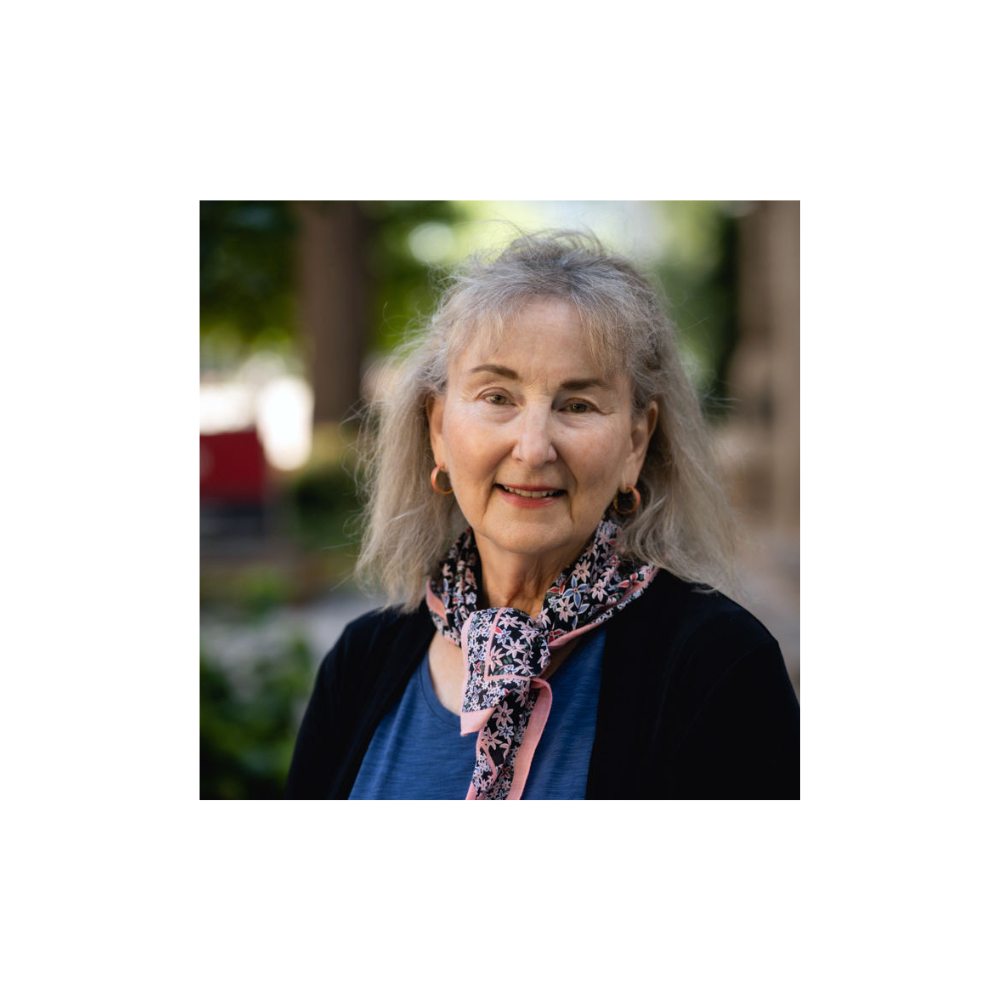Sue Dickey knows nursing is in her blood. Her great grandmother became a small-town Pennsylvania nurse in 1900.
“I visited there about 20 years ago,” Dickey says. “The lady who lived next door to her former house, who was in her nineties, said to me, ‘did you know your great grandmother delivered me?’”
Dickey found her own calling in pediatric nursing, then obstetrical neonatal practice, and came to Temple to teach in 1981. Now, she is set to retire after 43 years delivering Temple nurses into the world, so to speak. All told, it’s been around 90 semesters.
“I've missed four days of clinical practice and two lectures in those ninety, because either I was sick or my daughter was sick,” she says. “Nurses just go to work.”
Dickey has aided countless children and families through her hands-on nursing care, and she has advanced nursing education and practice by sharing her expertise with the American Nurses Association and the International Society of Nurses in Genetics (ISONG), among others. She has created an endowment that will help Temple faculty and staff travel to gain experience they can bring back to students. But it may be her work with generations of students that she values most.
“I have graduates who have far surpassed me in their accomplishments,” she says. “They are awesome people, and they've become awesome contributors to the profession.”
Dickey started at Vanderbilt University in Nashville before transferring to the University of Pennsylvania, where she earned all her nursing degrees: a bachelor’s in 1975 and master’s in 1980, followed by a return for her PhD in 1991. She went right to work at Children’s Hospital of Philadelphia in 1975, later adding obstetrical neonatal practice at the Hospital of the University of Pennsylvania. She has provided pediatric nursing care to home care patients, bone marrow transplant and other oncology patients, and to young people with cystic fibrosis, sickle cell anemia, congenital heart and other surgical defects, and other pediatric conditions.
“It’s not that I don't like all humans of all ages, but pediatrics and OB neonatal, they're my heart as far as my clinical affiliations,” she says. “Especially for these chronically underserved communities. The care delivered to minority women in OB/neonatal has been abysmal in the 21st century. It has declined, statistically. How does that happen in this country?”
Concerns like those attracted her to Temple. “Temple is all about these underserved communities, and the amazing diversity in our student body,” she says. She loves how the nursing program promotes interprofessional education, helping students develop skills to work collaboratively in interdisciplinary teams. Dickey has a deep and abiding respect for Temple colleagues and served as a representative to the Faculty Senate for decades. From 2016 to 2021, she was on the Faculty Senate Steering Committee (FSSC), both as secretary for five semesters and as a member of the FSSC. She is a member of the Temple Association of University Professionals (TAUP) and was the nursing advisor to the TAUP Health and Safety Committee during the worst of the COVID-19 pandemic.
As an associate professor, Dickey has taught classes ranging from bedside care to health policy and economics. She has helped student nurses learn about community pediatric settings as an instructor in Temple Nursing’s Community Home program. She has been a writing instructor as well as a writer, co-authoring a 2000+ page textbook called Children and Their Families: The Continuum of Care in 1998 and authoring dozens of published papers and position statements for professional nursing organizations.
“Nursing is a profession of knowledge workers,” she says. "I often asked my students, ‘what is the most important skill set that nurses have?’ It's communication skills. Nurses speak three or four languages. We speak medical terminology. We speak the slang of our neighborhoods where we grew up. We speak among one another with nursing terminology. Some may speak a language from a different country of origin. We speak as many languages as the patient needs.”
Her desire to keep nurses at the center of patient care has included building expertise in genomics and bioethics, which she brought to her courses and writing.
“It is the genetics and genomics era. We need to have a working knowledge of it,” she insists. She taught a Genetics and Genomics undergraduate course and has incorporated the subject into her graduate teaching of Family Theories and Health Policy. Appointed to the American Nurses' Association Advisory Committee on Ethics and Human Rights, Dickey co-authored the ANA position statement on Registered Nurses' Roles and Responsibilities in Providing Expert Care and Counseling at the End of Life. She has authored other position statements for the International Society of Nurses in Genetics.
“I'd like to see a shift in the general population, from thinking of nurses as servants, who should just put their lives on the line for everybody, to people whose knowledge should be respected,” she says. “A little more R-E-S-P-E-C-T.”
Her endowment, called the Temple University Nursing Faculty and Staff Award, will provide an annual recipient with funds to travel “so that they can enhance their own edification and bring it back to the students,” she says.
And though she is retiring from the classroom, she isn’t done. She volunteers as a camp nurse in the Poconos every summer, and she hopes to help Temple nursing run a symposium populated by Temple nursing graduates. “They have done fabulous things, with all their contributions to society at the local, national and international levels,” she says.
She feels Temple nursing has a tradition that’s different from other local schools. “There's no kind way to say it,” she says with a smile. “I think we're the meanest nice people in Philly. We're tough. We show up and get it done. Done well!”

